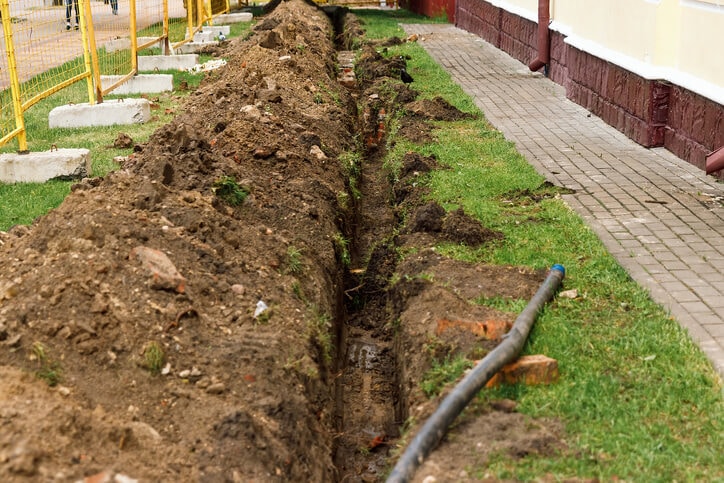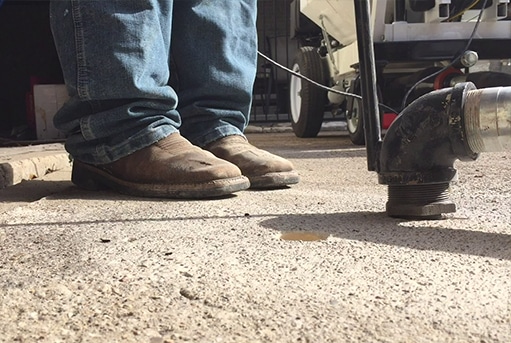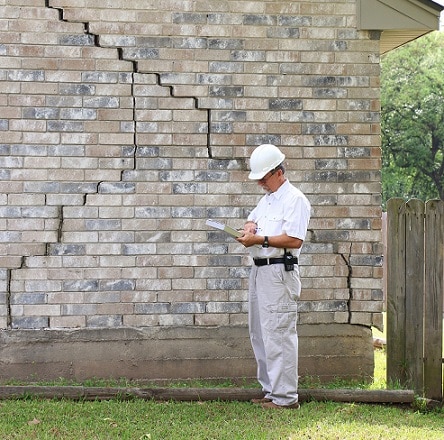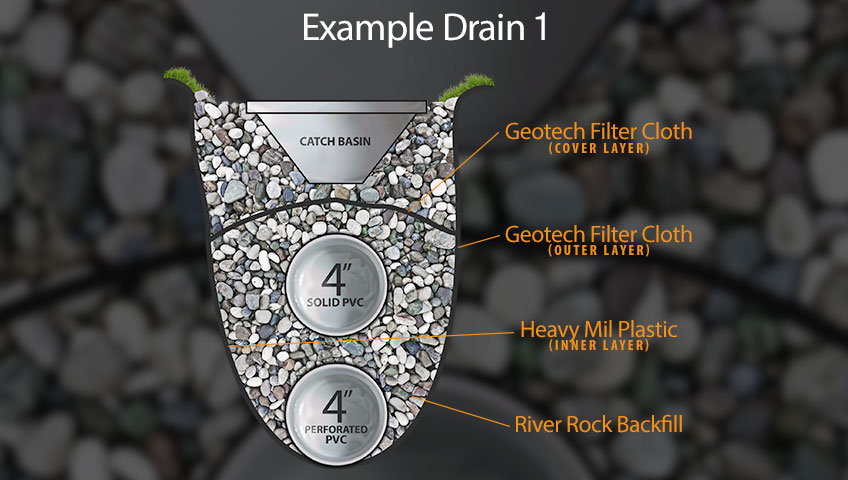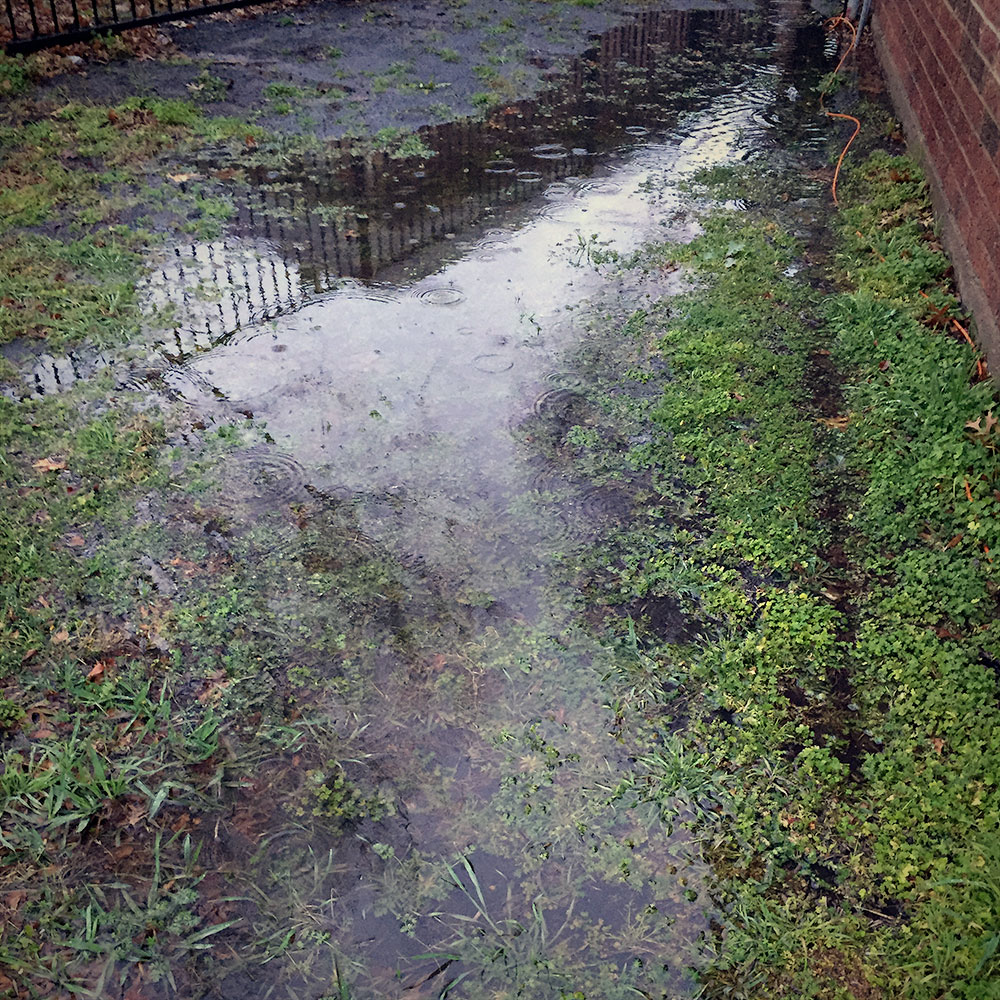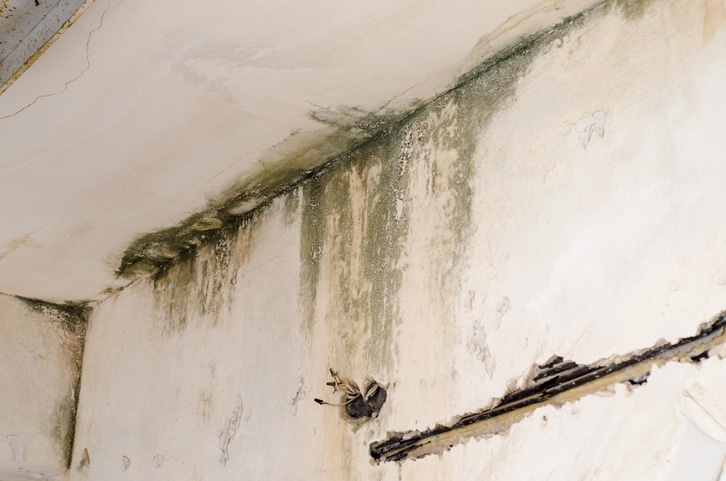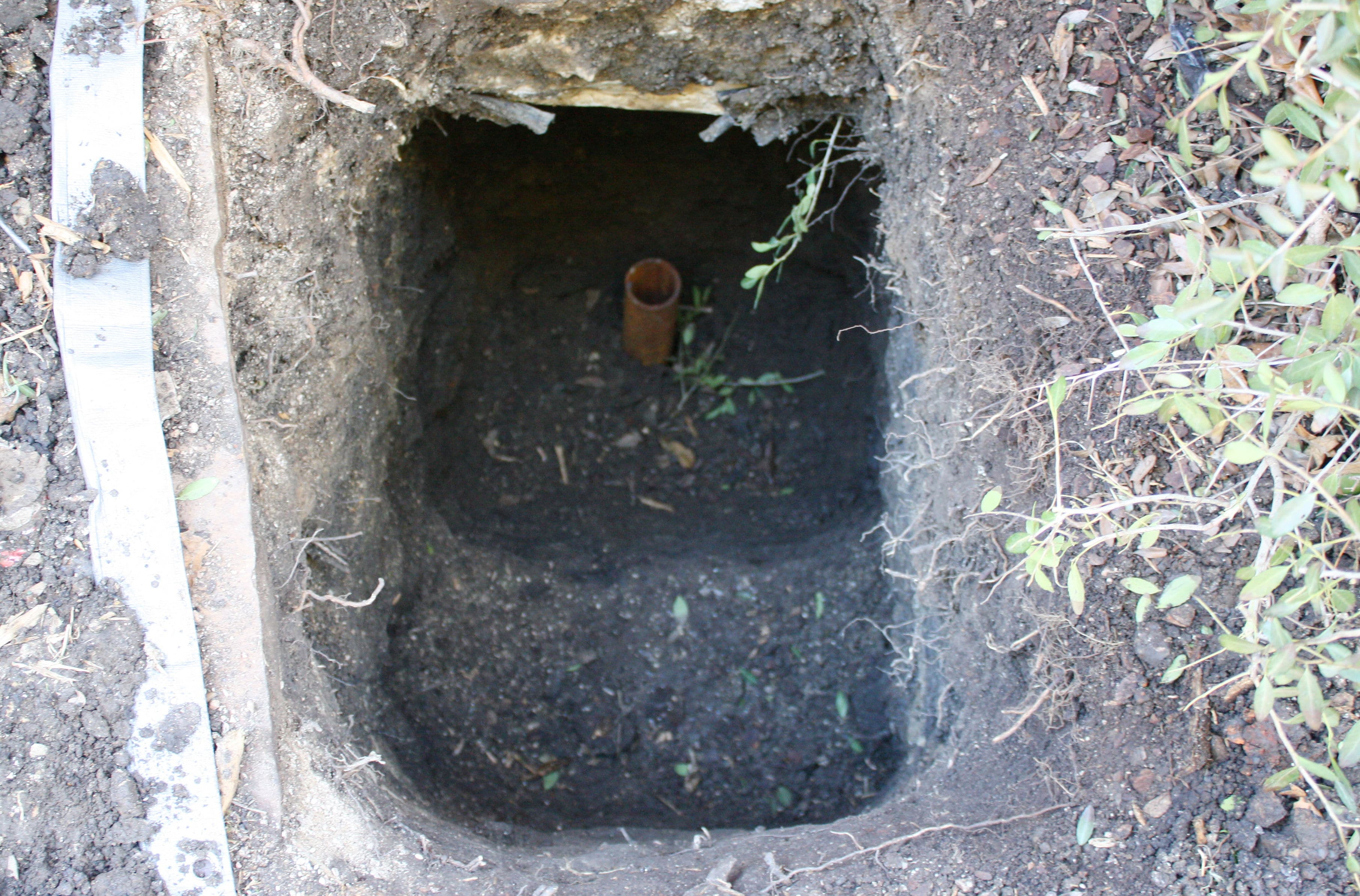With age, concrete eventually cracks and splits. Is this inevitable, or is there anything homeowners can do on their end to prevent concrete from cracking and sinking? Find out why concrete sinks and what you can do on your end to minimize the odds of damage occurring.
What Causes Concrete to Sink?
Before we talk about prevention, it helps to understand why concrete sinks and slopes in the first place. The cause has to do more with the base the slab was built on rather than the concrete itself. The soil beneath the slab may not have been compacted properly during installation.
Another possibility is that the edges that the slab sits on weren’t properly backfilled or were filled with soft soil and loose aggregates. Over time, this will allow moisture to seep in, leading to soil contraction and expansion.
How to Prevent Concrete from Cracking
The methods below reinforce concrete strength. We recommend professional implementation unless you have a knowledgeable background in slab repair.
One simple method homeowners can do on their end is to make sure their downspouts point at least five feet away from all concrete. Puddling water is bad for concrete. Proper drainage that directs water away is vital, especially during rainy periods.
Prevention methods best left to a professional include sealing gaps between slabs. This is done using a backer rod with silicone caulk or polyurethane as the sealer. If an inspector suspects poor soil compaction, then he may suggest digging out the slab or utilize slab jacking to fill and compact the soil. Tightly compressed soil ensures a stable base, as it eliminates small pockets of air that allows moisture to accumulate. The soil should be compacted at a depth of four to six inches for long-term results.
To summarize, prevention comes down to these three keys: drainage, soil compaction, and sealing. For maximum protection, be sure all three elements are in place. It’s not enough to just implement one or two out of the three and hope for the best.
We Ensure a Solid Concrete Base
Our remediations include slabjacking or mudjacking. We also perform prevention measures. We prevent concrete from sinking by fortifying the base. The Dallas Fort Worth area is known for sandy and loose soil, making prevention all the more necessary. We advise residents to consider prevention to offset a more costly repair or replacement down the road.

